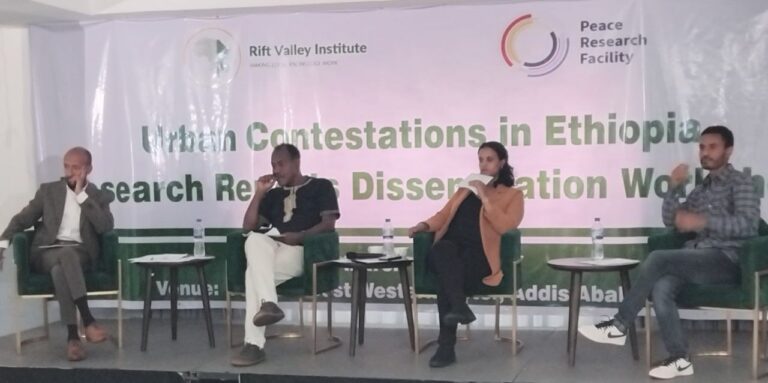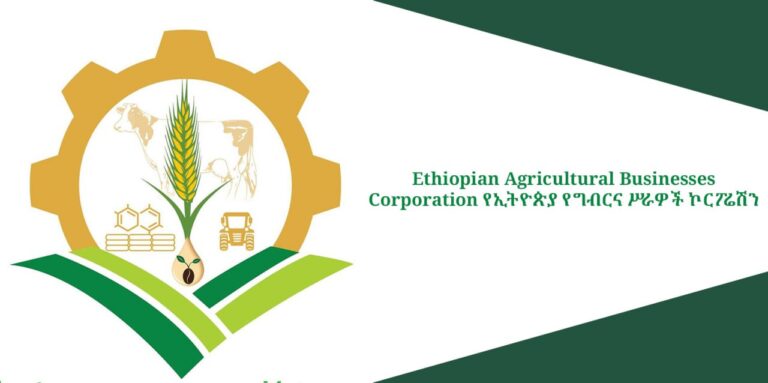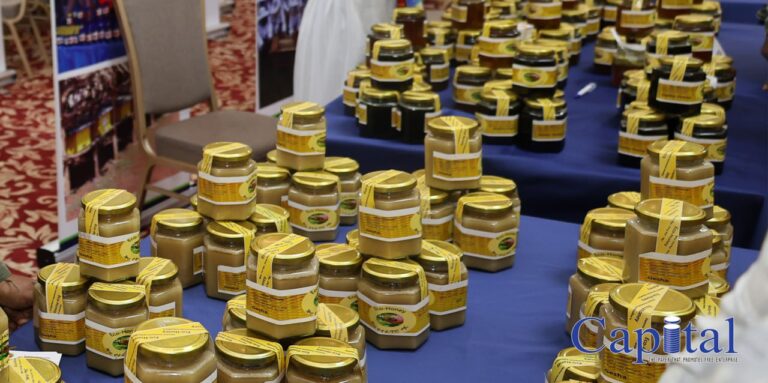In a bid to address significant challenges within its financial management framework, the Ethiopian government is implementing a Treasury Single Account (TSA) system. This initiative, led by the Ministry of Finance (MoF), aims to streamline government cash management by consolidating funds into a single account, thereby enhancing transparency and efficiency.
The existing system has been criticized for lacking transparency and efficiency, leading to higher borrowing costs and difficulties in meeting financial obligations. The widespread use of multiple bank accounts for government transactions has obscured the actual financial balance, creating thousands of unnecessary accounts and complicating cash management.
Bizuneh Bekele, a financial expert, highlighted that the reliance on monetary rates rather than active management exacerbates these issues, often resulting in delayed payments and the need for costly loans. The practice of using “B” accounts for budget allocation has weakened zero-balance accounting principles, further complicating financial oversight.
In response, the MoF, in collaboration with the National Bank of Ethiopia (NBE) and the Commercial Bank of Ethiopia (CBE), is actively working on TSA implementation. This system will integrate government funds into a single account, providing a clear picture of the financial position and enabling informed decision-making.

Preparatory work is underway to integrate technological systems between these entities, laying the groundwork for the TSA. State Minister Eyob Tekalgn emphasized that the TSA will manage government funds efficiently, contributing significantly to national development by ensuring proper use of revenues.
A significant initiative launched last year by the Ministry of Finance and FSD Ethiopia has seen a marked increase in digital payments within federal institutions, rising from 46% to 96% over the past year. This shift from paper-based processes to digital systems aims to enhance transparency and integrate disparate work into a unified structure.
To ensure strong governance, a TSA management committee has been established, headed by the Ministry of Finance and comprising key stakeholders. An e-payment usage growth monitoring system has also been implemented to bring unprecedented transparency to these changes.







